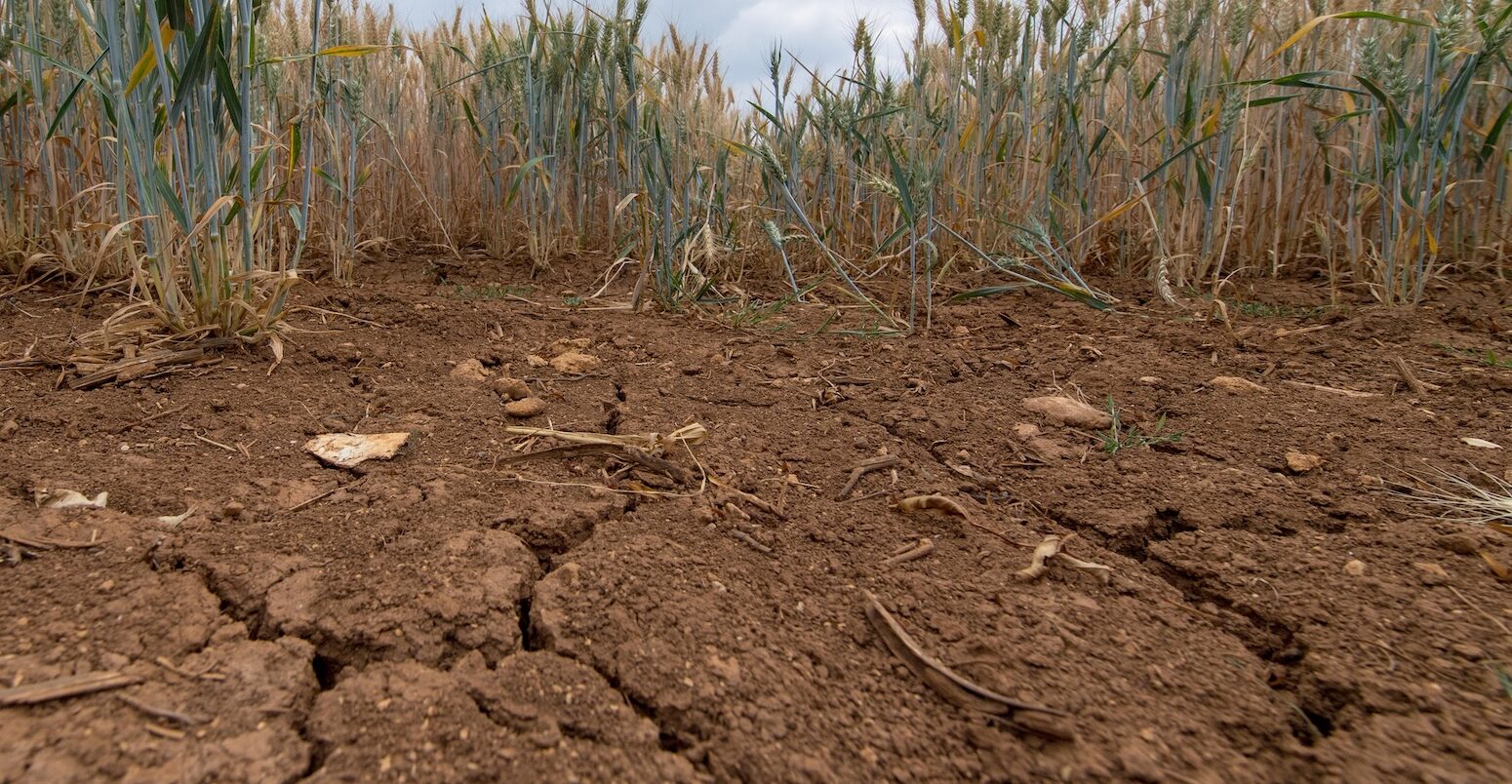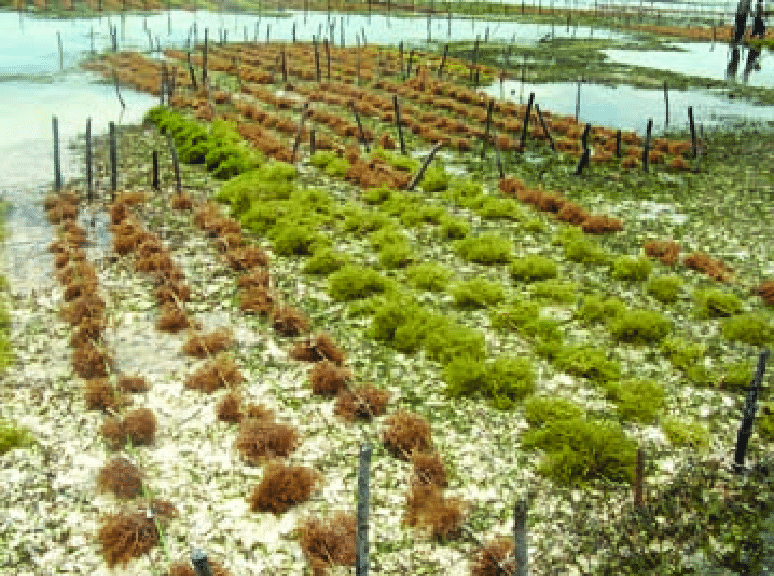In 2024, a series of significant events and observances will shape the environmental landscape, emphasizing the importance of addressing pressing issues related to biodiversity, sustainability, and global well-being. The UN Environment Programme (UNEP) is set to play a pivotal role in these endeavors, focusing on key areas such as sustainable nitrogen management, fostering inclusive collaboration for biodiversity conservation, and tackling critical threats like antimicrobial resistance. UNEP’s approach involves supporting multilateralism, promoting science-based dialogue and actions, fostering innovation, and establishing partnerships that prioritize the well-being of both people and the planet. The initiatives undertaken throughout the year will reflect a comprehensive commitment to advancing environmental sustainability on a global scale.
Here are some key international events and meetings planned (dates and details subject to change):
9 – 10 January: 5th Meeting of the UNEP Working Group on Nitrogen
The UNEP Working Group on Nitrogen is convening for its fifth meeting, aimed at advancing the implementation of UN Environment Assembly (UNEA) resolutions 4/14 and 5/2 concerning “Sustainable Nitrogen Management.” This gathering will occur in Nairobi, Kenya, with both physical and hybrid attendance options available.
23 – 25 January: Bern III Conference on Cooperation among the Biodiversity-related Conventions for the implementation of the Kunming-Montreal Global Biodiversity Framework
The Bern III Conference focuses on enhancing the Kunming-Montreal Global Biodiversity Framework (GBF) implementation by fostering inclusive collaboration. It aims to identify opportunities for cooperation among biodiversity-related conventions, suggesting steps to strengthen collaboration while respecting mandates. The conference also emphasizes sharing practical experiences to inform scalable cooperation in implementing Multilateral Environmental Agreements (MEAs).
12 – 17 February: Fourteenth Meeting of the Conference of the Parties to the Convention on the Conservation of Migratory Species of Wild Animals (CMS COP 14)
The upcoming CMS COP14 in Samarkand, Uzbekistan, emphasizes international collaboration for migratory species’ survival. Set under the theme “Nature knows no borders,” it aligns with the Kunming-Montreal Global Biodiversity Framework. This meeting addresses habitat conservation, threats like overexploitation and the climate crisis. The conference underscores international collaboration for the survival of these species beyond political boundaries.
27 February – 1 March: 6th session of the United Nations Environment Assembly (UNEA-6)
UNEA-6, hosted at UNEP Headquarters in Nairobi, Kenya, emphasizes effective and sustainable multilateral actions to combat climate change, biodiversity loss, and pollution. Member States and stakeholders will collaborate to advance the Decade of Action, addressing interlinkages between these global challenges through dialogues and official events. The assembly aims to lay the groundwork for strengthened global and regional efforts by the UN, Member States, and partners for impactful environmental action. The event will also feature Leadership Dialogues, a number of official and associated side events (some hybrid), exhibits, and much more.
30 March: International Day of Zero Waste
The International Day of Zero Waste promotes sustainable consumption and production, advocating for a circular economy to address climate change, biodiversity loss, and pollution. With global waste reaching 2.24 billion tons annually, zero-waste initiatives aim to minimize and prevent waste, enhancing environmental protection and human well-being.
21 – 30 April: 4th session of the Intergovernmental Negotiating Committee (INC-4)
The Plastic Pollution Intergovernmental Negotiating Committee (INC-4), as mandated by the UN Environment Assembly (UNEA-5.2) resolution, will convene in Ottawa, Canada. The committee, supported by UNEP, seeks to craft an international legally binding instrument addressing plastic pollution, encompassing marine environments.
28 – 30 May: Nairobi Convention COP 11
The Nairobi Convention is a regional treaty that works to protect, manage, and develop the Western Indian Ocean. Its COP 11 comprises a preliminary meeting for partners, experts, and national Focal Points, followed by a Heads of Delegation meeting. The session involves a review of the Convention’s 2022–2024 Work Programme, approval of the 2024–2026 Work Programme and budget, and deliberations on key decisions.
3 – 5 June: 2nd Global meeting of the Montevideo National Focal Points
The Montevideo Environmental Law Programme is dedicated to advancing global environmental rule of law. The upcoming Second Global Meeting of National Focal Points will convene in Nairobi, Kenya. The programme’s objectives include promoting the development and implementation of environmental rule of law, enhancing capacity in countries, and contributing to the environmental dimension of the 2030 Agenda.
17 – 12 June: 3rd session of the Ad Hoc Open-Ended Working Group on a Science-Policy Panel to further the sound management of chemicals and waste and to prevent pollution
The Open Ended Working Group (OEWG) 3, in line with UNEA resolution 5/8, continues work to propose a Science-Policy Panel on Chemicals and Waste. Mandated to finalize proposals by 2024, it addresses key aspects like institutional design, governance, name, scope, functions, and operating principles for effective contributions to sound chemical management and pollution prevention.
24 September: High Level Meeting on Antimicrobial Resistance
The 2024 United Nations General Assembly High-level Meeting on Antimicrobial Resistance (AMR) presents a crucial opportunity to address the escalating threat of antibiotic resistance. The meeting aims to renew global commitment, exploring innovative and multilateral actions to combat AMR’s far-reaching implications on healthcare, mortality rates, and overall well-being.
21 – 23 October: 26th Coordinating Body on the Seas of East Asia Intergovernmental Meeting (COBSEA IGM 26)
The 26th Intergovernmental Meeting of the Coordinating Body on the Seas of East Asia (COBSEA) is scheduled to take place in Cambodia. The event will focus on crucial strategies for managing marine environments in the East Asian Seas Region.
21 October – 1 November: 16th meeting of the Conference of the Parties to the Convention on Biological Diversity
The 16th Conference of the Parties (COP) to the Convention on Biological Diversity (CBD), will convene in October–November 2024. The event marks a critical global gathering to address biodiversity conservation, biosafety, and access to genetic resources.
4 – 5 November: 4th Global High-Level Ministerial Meeting on Antimicrobial Resistance
Saudi Arabia hosts the fourth high-level global ministerial conference on antimicrobial resistance (AMR), bringing together leaders to address urgent issues in preventing and managing AMR on a global scale.
25 November – 1 December: 5th session of the Intergovernmental Negotiating Committee to develop an international legally binding instrument on plastic pollution, including in the marine environment
Plastic Pollution Intergovernmental Negotiating Committee (INC-5) convenes in Busan, Republic of Korea, as part of UNEA-5.2’s resolution for a legally binding instrument on plastic pollution. With a comprehensive approach covering the plastic life cycle, the aim is to complete the work by the end of 2024.
A number of international days related to and led by UNEP will be observed :
- 2 February: World Wetlands Day
- 3 March: World Wildlife Day
- 30 March: International Day of Zero Waste
- 22 April: International Mother Earth Day
- 11 May: World Migratory Bird Day (1st birds’ biannual migration event)
- 22 May: International Day for Biological Diversity
- 5 June: World Environment Day
- 7 September: International Day of Clean Air for blue skies
- 29 September: International Day of Awareness of Food Loss and Waste
- 12 October: World Migratory Bird Day (2nd birds’ biannual migration event)
- 6 November: International Day for Preventing the Exploitation of the Environment in War and Armed Conflict
- 18 – 24 November: World Antimicrobial Awareness Week




